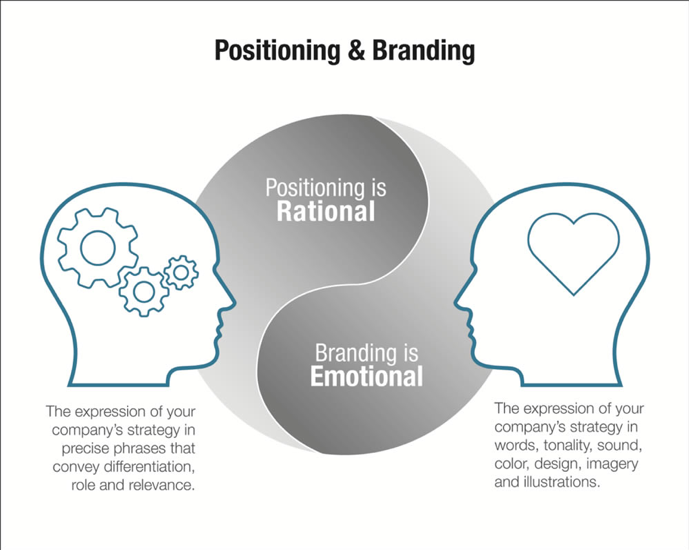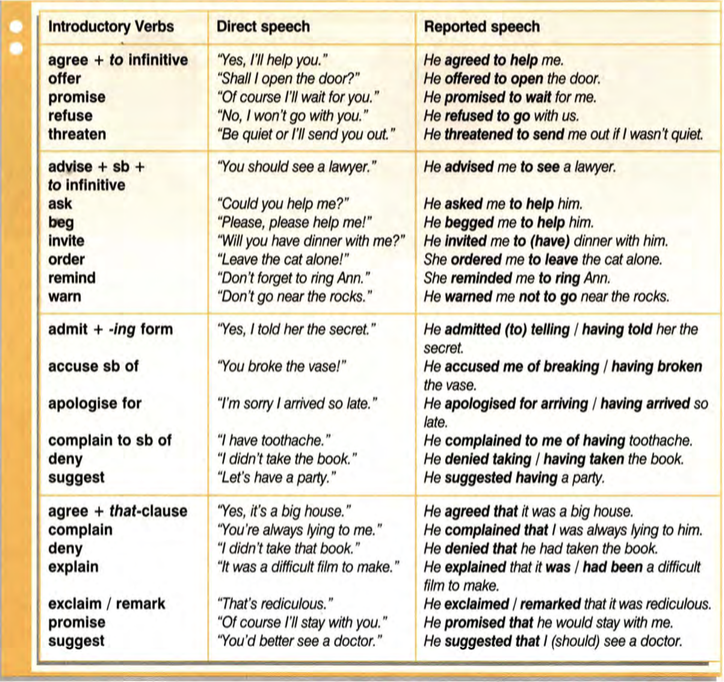Logic vs rationality
Logical vs Rational Thinking: What’s the Difference?
Is there a difference between logical and rational thinking?
Yes.
And one problem even worse than not knowing the difference is this:
People often use logical thinking when they should use rational thinking and vice versa.
I have this issue with a friend of mine all the time who treats logical thinking almost as if it is a religion.
We’ll use a recent discussion he and I had as an example.
In our argument, he used what he considers to be logic in a way that led him into a major inference from partial data fallacy. He also neglected the importance of small examples.
Don’t worry. I made logical errors too, oversimplification in particular.
To help make sure you’re logical when you want to be logical and rational when you want to be rational, let’s dive in.
As I mentioned, the problem we face is that difference rationality vs. reasoning is not clear because people use these terms in all kinds of ways.
But let’s do our best to nail down some clear and distinct definitions.
Logical ThinkingAt the simplest level, Graham Priest describes logic very well:
“Logic is about validity – what follows from what, and why.”
Strictly speaking, people using logic construct syllogisms. There are at least three kinds of syllogism:
- Conditional Syllogism: If A is true then B is true (If A then B).
- Categorical Syllogism: If A is in C then B is in C.
- Disjunctive Syllogism: If A is true, then B is false (A or B).
Reason, on the other hand, is typically about showing the basis for causes, beliefs, actions, events and facts.
Let’s take this one step further:
To reason something out is generally considered an act of applying logic to find explanations that make sense.
The problem is that many people reason things out without using logic.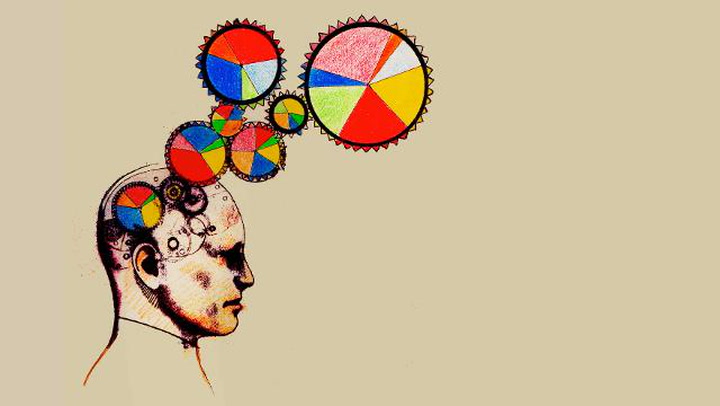 We bring in experience, context, emotions, personal values, convictions, ethics and other things that make us human.
We bring in experience, context, emotions, personal values, convictions, ethics and other things that make us human.
Think about the last time you had an argument. Did the person you were arguing with draw out a mathematical “if this then that” argument map as part of the critical thinking exercise?
Probably not. Chances are they tried to reason things about with more tools than just syllogisms. It’s very difficult for even the most logical people not to do so. But when they cannot reason, whatever they are trying to communicate often fails.
ExampleAfter learning from Jonatan Pallesen about how a major science journal had published a clearly pseudo scientific paper about the “genetics of psychic abilities,” I sent the paper to a friend.
I hadn’t seen anything this bizarre since The Mandela Effect went viral, and thought about my friend because we have a long-standing disagreement about the health of peer review in the academic world.
Admittedly I started the argument off with a dramatic oversimplification that attacked his views:
“Still believe in peer review? More evidence it is dead.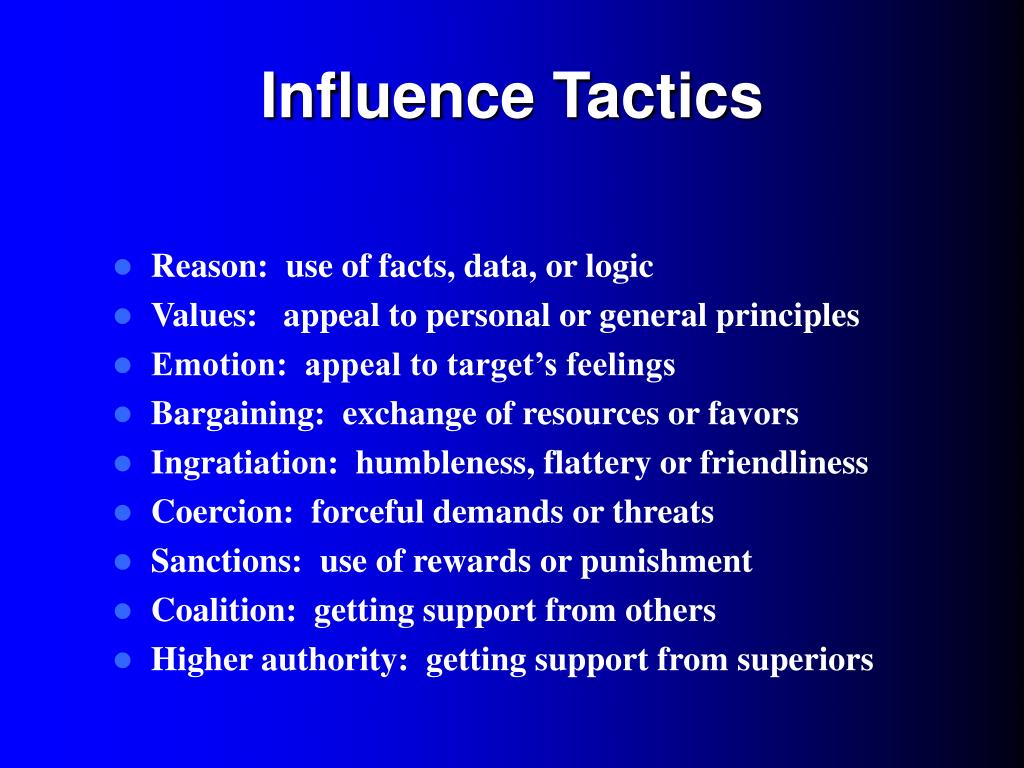 ”
”
My friend responded:
“Cases of such papers being published are much more common. Not news. After peer reviews they get unpublished. Note: I haven’t read this paper, only the title and abstract.
But sometimes they don’t get unpublished. Yet again, almost no harm done. The system is self cleaning.”
“Almost” no harm done? How can someone judge that after admitting the example went unread? In reality, people are bilked of millions of dollars per year by psychics. Having charlatanism validated by a scientific journal, however briefly, shows that there are deep issues that increase harm that already exists.
Irrelevant Logic Enters The PictureI’ll spare you the entire exchange, but my friend was using logic and later pulled out one of those syllogisms we talked about above:
“A – subset or idiotic papers published, A is a part of B – all scientific community, conclusion B cannot be trusted.
”
The problem is this:
I never talked about “science,” nor did I say that it cannot be trusted. Science is a tool used by humans, and there is nothing about it anyone (or anything) has to trust.
Rational Thinking Requires EvaluationAgain, my friend admitted he hadn’t actually read the paper. What’s the use of applying logical thinking to dismiss something you haven’t read. Rational thinking, which tries to find the basis for why something is bad, requires evaluation.
This means that even if my friend’s syllogism is well-formed and sound, it is irrelevant as a rebuttal.
Here’s more nuance on why this is so critical:
My friend was using logic in a context where it has no use because the statement required reason to find the basis of why something is happening. Instead, he gave a syllogism to demonstrate how I was wrong about something I never said.
Now, it is a problem that I used the word “dead” as shorthand for the problems with peer review I was citing.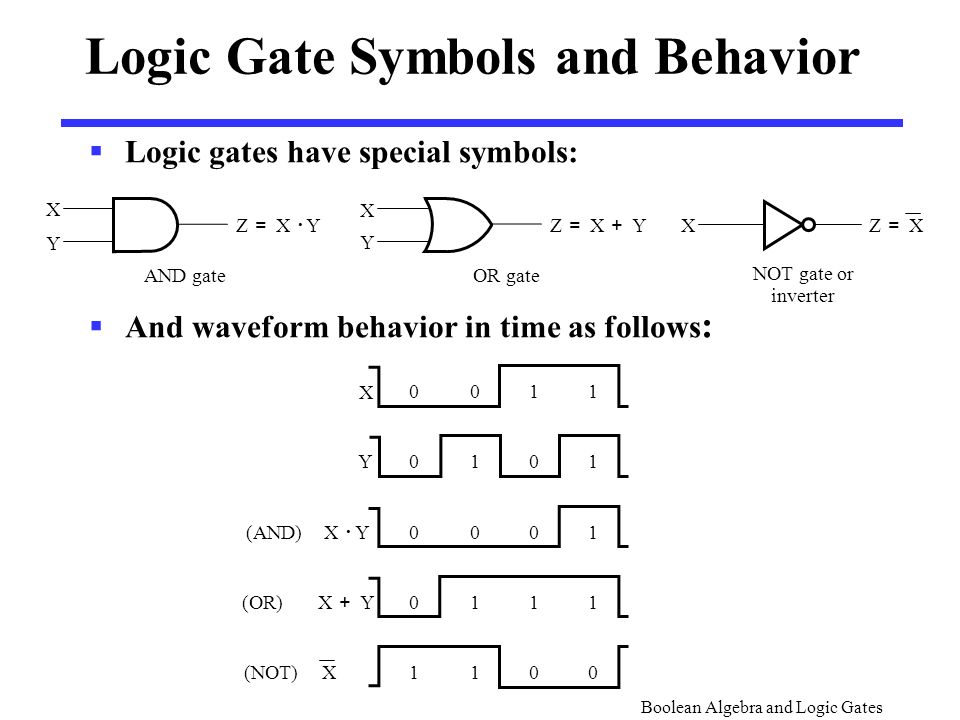 I also have the problem of assuming he remembers more about previous conversations on the topic.
I also have the problem of assuming he remembers more about previous conversations on the topic.
If I remember these things any better, it’s only because I use the memory skills I offer you in this course:
And to be fair, there’s a lot to remember about our exchanges.
Almost all of them include lots of “link chess” back and forth as we trade evidence.
Sadly though, my friend has the habit of commenting without reading. Instead of sending back, “I don’t have time to read this right now,” he sends his opinions. When I rebut those opinions, he sends logical syllogisms back instead of reasoning through whatever I’m talking about.
“Link Chess” Pays Off Only If You’re ReasonableHe did send me a good link though, one from Science about a “cleansing” experiment in publishing (but not “self cleansing”) had revealed. I took the time to read it before formulating a view.
In other words, I tried to reason out why he thought this study supported his dismissal.
But as good as this study is, it is about after the fact issues in publishing. It relates only tangentially to an incredibly puzzling example of a publication that may have gotten through for reasons one would hope to expose (if they’re there). Yet, my attempts to reason through why such articles get published in the first place went unheard, and I can only take responsibility for how I framed the discussion in the first place.
What I wasn’t going to do was send a syllogism in return, because logical thinking was simply not appropriate to the context.
One more point:
My friend’s inference from partial data shows the risk of throwing out logic, especially when you admit that you haven’t even read the material in question. My mistake shows the risks incurred by some issues we’ll talk about next.
How To Balance Reason And LogicWe all make mistakes.
In Paradox Lost: Logical Solutions to Ten Puzzles of Philosophy, Michael Huemer suggests a number of critical thinking errors we tend to make.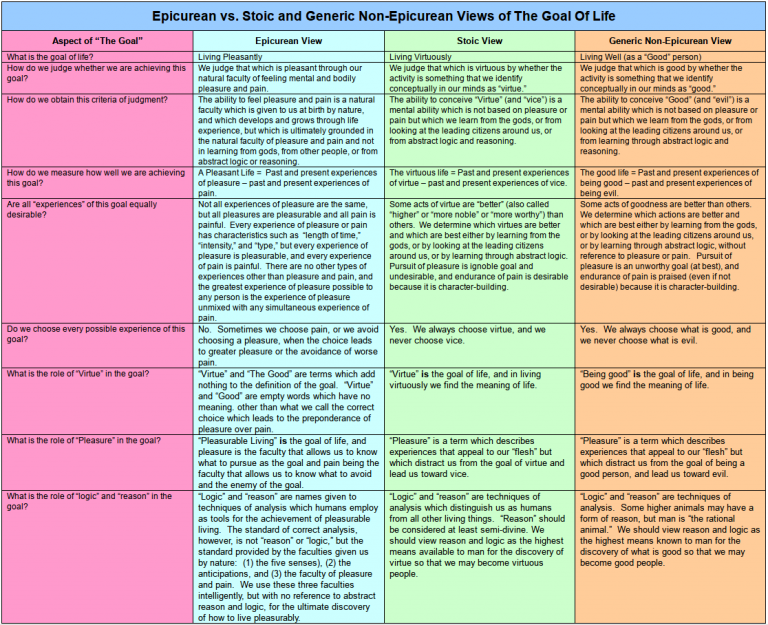 I’ve already listed some of them. Here are a few more to extend today’s example:
I’ve already listed some of them. Here are a few more to extend today’s example:
Assumptions
I made the error of thinking my friend would treat the word “dead” with more nuance than he did. As a result, I seem to have triggered what I find to be a preachy logical response with no reasoning whatsoever.
Neglect of the small
My friend often likes to refer to slippery slope fallacy whenever I show concern about problems in the scholarly world.
The problem is that there are at least six different kinds of slippery slope fallacy. Not only that, the world does have slopes and some of them are slippery.
To ignore incidents like the kind I sent to my friend and write them off as isolated poses some potentially huge problems. As Huemer points out, “We tend to confuse indistinguishability with qualitative identity. This last mistake is aided by a tendency to confuse what is true with what can be verified.”
In reality, we can verify the truth of many problems with peer review and they have led to some massive consequences. Things have grown so contested that esteemed philosopher Peter Singer and some colleagues have felt the need to found the Journal of Controversial Ideas so that people can publish without being excluded by biased editors or social media reprimand.
Things have grown so contested that esteemed philosopher Peter Singer and some colleagues have felt the need to found the Journal of Controversial Ideas so that people can publish without being excluded by biased editors or social media reprimand.
Confusion
The confusion in our example was started by me because I used the word “dead.” I could have been more precise or at least more nuanced. I was also playing link chess out of the blue to reengage an earlier conversation.
Binary thinking
My friend was defending science at large – something I would generally applaud.
The problem is that peer review is not science. Peer review is governed by impassioned human beings and is subject to corruption and decay. It is also not “self cleaning” because peer review is not a god in the sky. It is something that humans collaborate on, and they need to do so with both logical and rational thinking in order for it to operate in a fruitful manner.
But my friend was so stuck on using logic that we have yet to come to consensus on a problem his own language acknowledges. After all, he used the term “idiotic papers” in his own syllogism.
I did not say that all such papers should not be published. I was only asking for his consideration of one paper in particular. Again, I admit that I didn’t ask for that consideration in a very good way. But I can only take so much responsibility for how he fell into one side of a binary – the one he prefers instead of the one our world desperately needs at the moment if science is going to function as well as it could.
If you want to balance reasoning and logical thinking in your life, I suggest diving deep into some critical thinking strategies. You’ll also want to read as many critical thinking books as you can.
Because in reality, both logical thinking and rational thinking are needed. Otherwise, it’s pretty easy to see that even logical people can wind up using logic in some pretty irrational ways.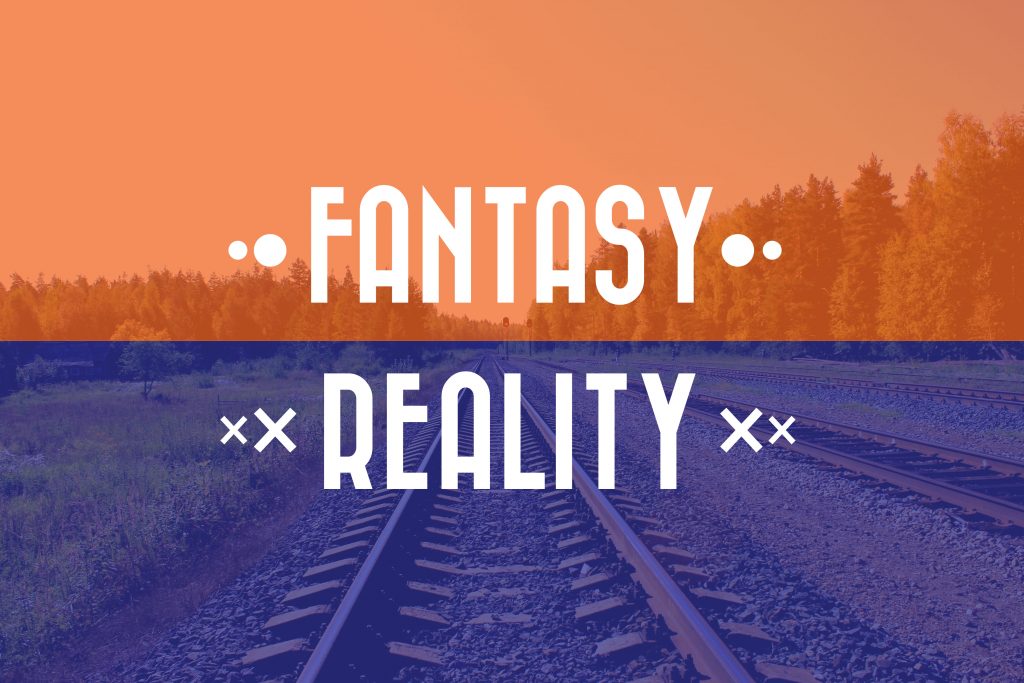
Difference Between Logical and Rational
Posted by Admin
Logical vs Rational
We often talk about others, saying they are not rational, or they are not logical. Most of us hardly pay attention to the use of these two words and often treat them as synonyms. Rational and logical are also words used for situations and conditions to emphasize the fact that they are not confusing and against the logic. However, the fact is that rationality and logic are two very different words having entirely different meanings. This article attempts to highlight the differences between logical and rational.
Rational
Anyone who is termed as rational makes use of reason. A man who uses his intellect and is not guided by emotion or feelings is said to be a rational person. Judges in courtrooms try to arrive at their verdict being rational as they cannot depend or follow their emotions while trying to do justice. Rationality is a virtue that allows a person to think and behave in an orderly fashion. However, rational behavior is a result of past experiences, perceptions, and the knowledge base of a person. In real life, rational people are also the people who are perceived as being very reasonable. They are also considered intelligent as they are able to see both the emotional, as well as the logical side of an argument.
Rationality is a virtue that allows a person to think and behave in an orderly fashion. However, rational behavior is a result of past experiences, perceptions, and the knowledge base of a person. In real life, rational people are also the people who are perceived as being very reasonable. They are also considered intelligent as they are able to see both the emotional, as well as the logical side of an argument.
Logical
Something that follows the principles of logic is said to be logical. Even a person is said to be logical if his actions are coherent and make sense. Anything that is logical follows a sequence of events that arrive at the best solution of a problem in the most efficient manner. A logical person is seen as having scientific views and his actions are based upon facts. Math and science are two subjects that are based upon logical reasoning. However, apart from formulae and calculations done in science, there is much in science that is based upon rational thinking to cobble loose ends of a theory together.
Logical vs Rational
• Logical and rational are similar but not interchangeable.
• Math is logical as there is no other way to arrive at a conclusion or the correct answer other than following logical steps.
• Science is mostly logical though there are areas in science that are rational only.
• Man is limited by his five senses of experience, but if we are not able to experience something it does not mean it is irrational.
• If someone is rational, we believe he is a thinking and reasonable man, not susceptible to emotions and feelings.
• Logical reasoning is required to cobble together pieces of evidence to prove the guilt of a suspect in a crime.
• A person can be irrational, whereas it is his beliefs that are illogical.
• Logical reasoning is scientific reasoning based upon facts.
Rational thinking and its logical foundations: ailev — LiveJournal
Many and many types of thinking (system thinking, computational thinking, critical thinking, etc.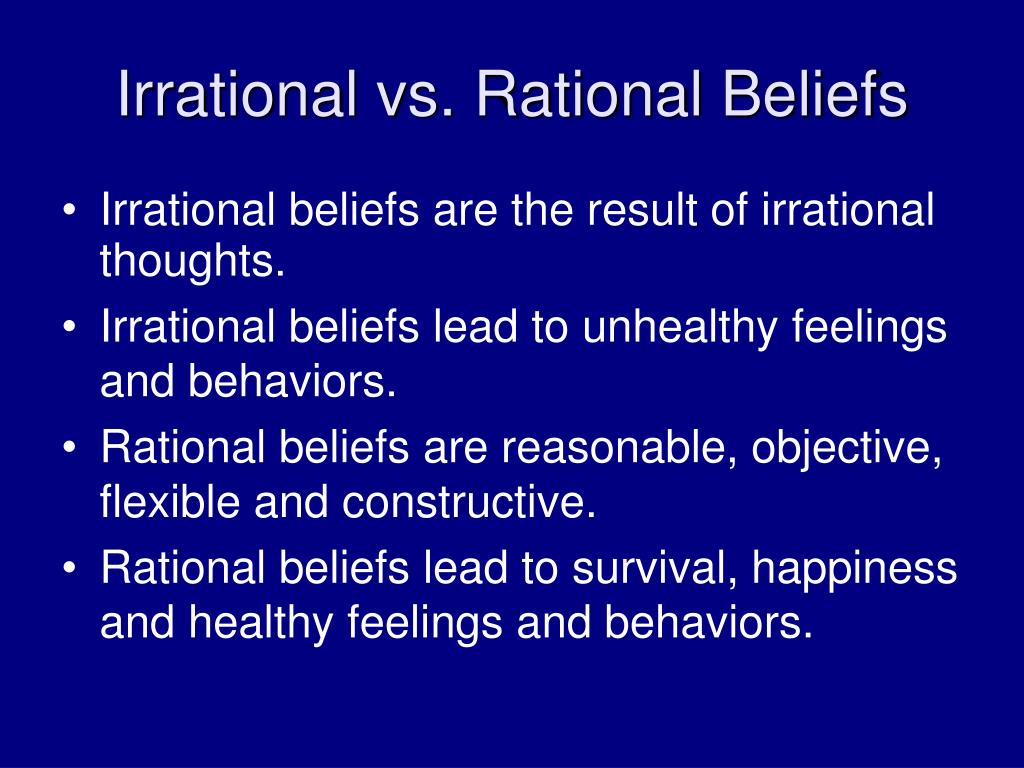 ) are based on logic - in fact, all these "thinkings" are built on top of "correct reasoning", each adding its own specifics. That is, the logic itself cannot be called some kind of special thinking ("logical thinking"), but the "logical foundations of thinking" - that's it. On the other hand, the logical foundation with its various (system, computational, critical, etc.) superstructures is rational thinking.
) are based on logic - in fact, all these "thinkings" are built on top of "correct reasoning", each adding its own specifics. That is, the logic itself cannot be called some kind of special thinking ("logical thinking"), but the "logical foundations of thinking" - that's it. On the other hand, the logical foundation with its various (system, computational, critical, etc.) superstructures is rational thinking. Rationality is a division into parts, analytics, although thinking equally helps synthesis. But in Western culture based on logic, analytics, i.e. formalization and modeling are historically given great importance, and I personally like the results of this Western branch of civilization (for more details on this line of reasoning about the advantages of rationality over Eastern reliance on intuition and "direct knowledge", see the texts "about articulate and holographic in sociology" http: //ailev.livejournal.com/1281819.html and "about intuition and intuition" http://ailev.livejournal.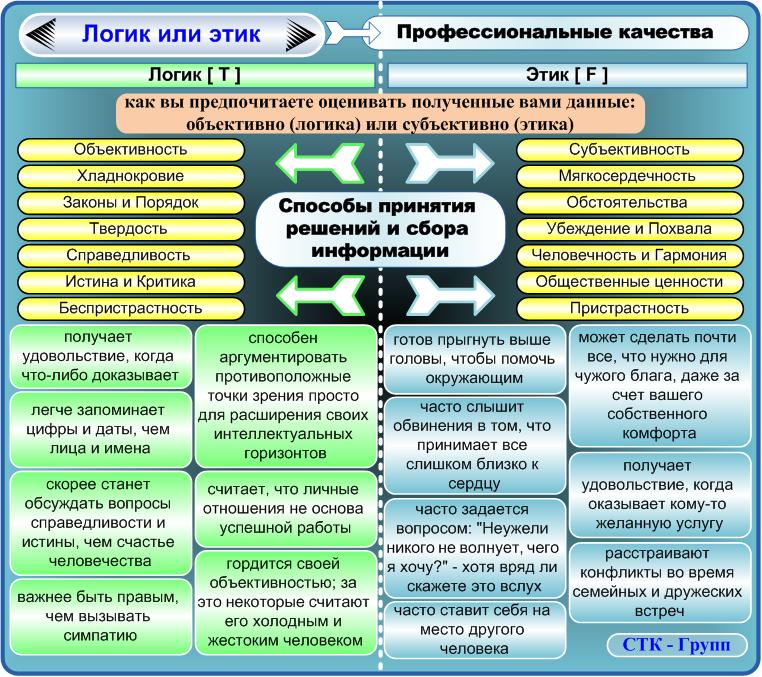 com/1295595.html).
com/1295595.html).
It is logic that underlies slow, "heavy" thinking (thinking-2) according to Daniel Kahneman (well described in his book "Think Slowly... Decide Fast" -- https://www.ozon.ru/context /detail/id/24286114/). This is wildly energy-consuming thinking, you need to learn it precisely so that it passes with a minimum number of distortions introduced by "fast" intuitive thinking and so that it is also fast and easy. It's trainable and current research shows it is quite enough: https://digest.bps.org.uk/2016/11/09/contra-kahneman-your-minds-fast-and-intuitive-system-one-is-capable-of-logic/.
Logic itself as a discipline is elusive:
- it constantly throws out different thinking as separate disciplines, remaining at the base of the marginal one - everything interesting is generated by it, but this is no longer it (in fact, this is what logicism consists of, if it from the "logical foundations of mathematics" to extend to other disciplines - computer science and everything else.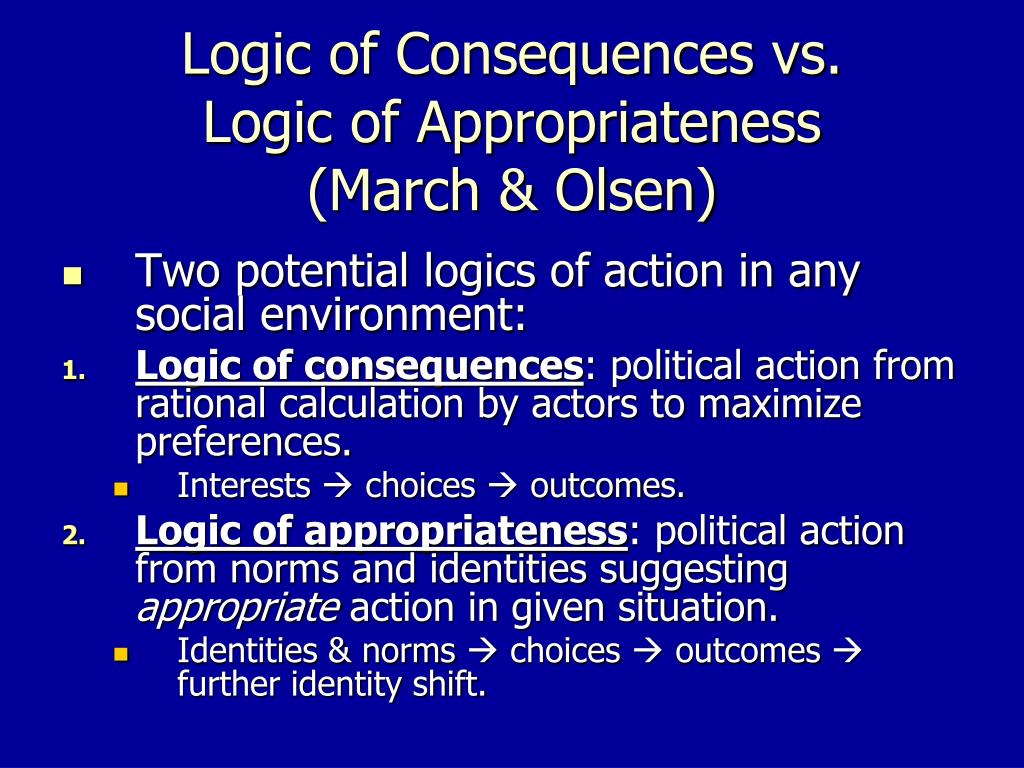 Logician Andrei Shuman is sad about this in the text "about people with technical brains": http://minski-gaon.livejournal.com/99986.html).
Logician Andrei Shuman is sad about this in the text "about people with technical brains": http://minski-gaon.livejournal.com/99986.html).
- logic and the whole discipline as a whole, and individual logics in it, for example, Aristotelian logic, the logic of the Talmud (as geometry: both science as a whole, and Riemannian geometry, in contrast to Euclidean). Go understand what is being said at every moment!
-- very often it is not about logic, but about its subject: reasoning, inference. For example, in machine learning, we very rarely talk about "logic" and this word is not used, but inference in the symbolic world is a problem - its rules and properties are not discussed, but that's what they do. I am very interested in this place at the intersection of connectionism and symbolism in terms of logical inference (induction, abduction, deduction - there are many of them), further on the links in http://ailev.livejournal.com/1310114.html and especially in http://ailev .livejournal. com/1266905.html, including attempts to understand "abstraction" http://ailev.livejournal.com/1274014.html and even theories (formalizations) of creativity (several such theories can be found at the links in http://ailev.livejournal.com/ 1293469.html).
com/1266905.html, including attempts to understand "abstraction" http://ailev.livejournal.com/1274014.html and even theories (formalizations) of creativity (several such theories can be found at the links in http://ailev.livejournal.com/ 1293469.html).
- when they talk about rationality as such, they mean exactly logic, "rules of reasoning", general patterns of thinking. Let's say all this activity of Eliezer Yudkowsky -- http://lesswrong.org/, Less Wrong is a community blog devoted to refining the art of human rationality, and even translated into Russian http://hpmor.ru/ (Harry Potter and methods of rational thinking). There everything revolves around correcting errors of intuitive thinking: these errors themselves are dark -- https://en.wikipedia.org/wiki/List_of_cognitive_biases
- philosophical logic (mainly in the analytical philosophical tradition) is not quite logic, it touches upon the connection between reasoning and the real world. Actually, along this line, ontology, epistemology and logic have long merged into a single subject.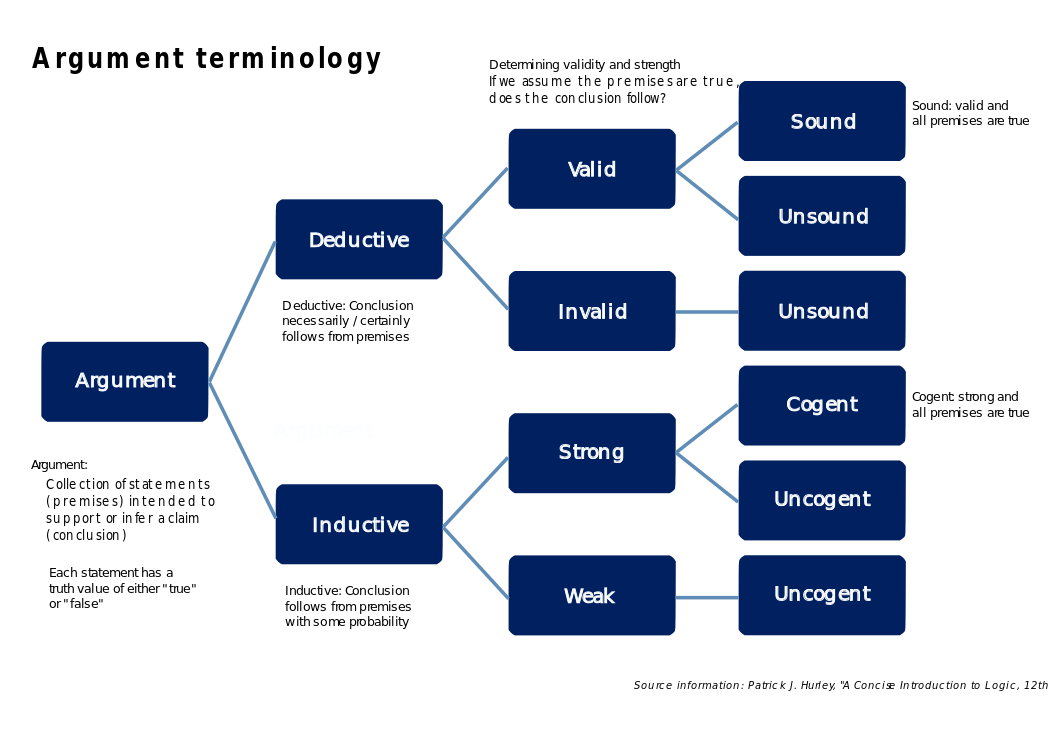 This is the line of Wittgenstein, Quine, Kripke, Lewis, but you need to take it as of today, and not according to the most cited works of half a century ago. And, of course, the relationship between logic and language is of concern here - reasoning and the language that is used to express them (as well as the possibility of reasoning "outside the language", which is also important - that same intuitive, holographic line with its inarticulateness).
This is the line of Wittgenstein, Quine, Kripke, Lewis, but you need to take it as of today, and not according to the most cited works of half a century ago. And, of course, the relationship between logic and language is of concern here - reasoning and the language that is used to express them (as well as the possibility of reasoning "outside the language", which is also important - that same intuitive, holographic line with its inarticulateness).
Rational thinking as such, alas, is not directly taught. They teach only indirectly, and even more so they teach very indirectly the logical foundations of rational thinking (more details - "beyond STEM education", http://ailev.livejournal.com/1283663.html).
I think that it is necessary to teach the logical foundations of rational thinking:
- directly (that is, by giving the skills of logical reasoning not in the course of reasoning in other subjects, but directly engaged in setting the logical foundations of thinking, including 1.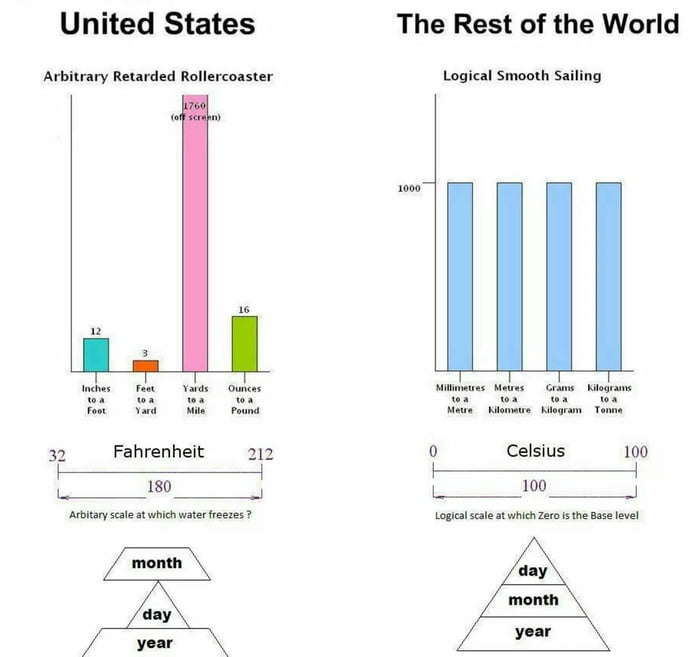 studying textbooks, 2. problem solving, 3. work in specific life projects)
studying textbooks, 2. problem solving, 3. work in specific life projects)
- bring these skills to the level of awareness (giving the opportunity to reason about the logical foundations of thinking - preparing reflection, the ability to correct mistakes and develop), "to teach understanding twice as long as just a skill" http://ailev.livejournal .com/1285014.html
Thus, for direct teaching of the logical foundations of rational thinking, you need to:
1. Formulate a discipline - for this, write a textbook.
2. Formulate tasks.
3. Conduct trial courses to fine-tune the content.
4. Adjust other courses (of the same systems thinking as an example) to get some kind of more or less complete program for teaching rationality in thinking.
Let me remind you that this whole thinking training program grew out of the April "problematization of education: what to learn if you happen to live in an era of change", http://ailev.livejournal.com/1258949.html and the May theses "formal education in an era of changes" http://ailev.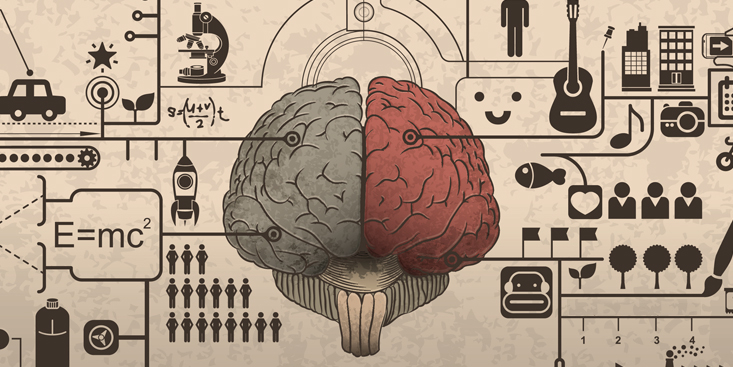 livejournal.com/1263511.html - the conclusion was that in an era of change one needs not a lot of facts about the world, but thinking as such. And that, alas, no one directly teaches thinking as such.
livejournal.com/1263511.html - the conclusion was that in an era of change one needs not a lot of facts about the world, but thinking as such. And that, alas, no one directly teaches thinking as such.
As in the case of systems thinking, one should start by formulating the modern discipline "logical foundations of rational thinking" (that is, the "beginnings of logic") in the form of a textbook. Where do you get these bases? Here are my thoughts:
1. The "logic of science" should be taken as a basis, which in fact is Bayesian logic. This should be done based on the work of E.T. Jaynes, for example, the book by E.T. Jaynes "Probability theory: the logic of science", http://b-ok.org/book/539703/d8b66c. ... if degrees of plausibility are represented by real numbers, then there is a uniquely determined set of quantitative rules for conducting inference. That is, any other rules whose results conflict with them will necessarily violate an elementary and nearly inescapable desideratum of rationality or consistency.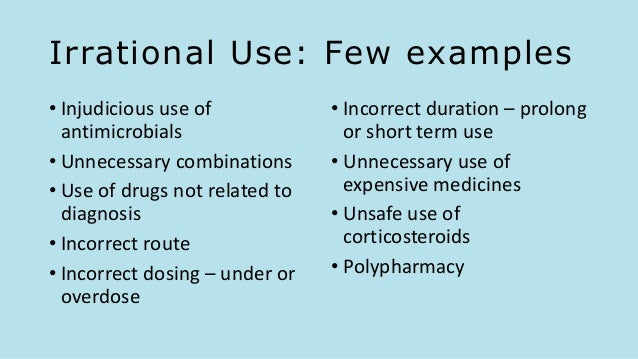 But the final result was just the standard rules of probability theory , given already by Bernoulli and Laplace; so why all the fuss? The important new feature was that these rules were now seen as uniquely valid principles of logic in general, making no reference to "chance" or "random variables"; so their range of application is vastly greater than had been supposed in the conventional probability theory that was developed in the early twentieth Century. As a result, the imaginary distinction between "probability theory" and "statistical inference" disappears, and the field achieves not only logical unity and simplicity , but far greater technical power and flexibility in applications. Here are the headings of the first chapter to make it clearer what is at stake:
But the final result was just the standard rules of probability theory , given already by Bernoulli and Laplace; so why all the fuss? The important new feature was that these rules were now seen as uniquely valid principles of logic in general, making no reference to "chance" or "random variables"; so their range of application is vastly greater than had been supposed in the conventional probability theory that was developed in the early twentieth Century. As a result, the imaginary distinction between "probability theory" and "statistical inference" disappears, and the field achieves not only logical unity and simplicity , but far greater technical power and flexibility in applications. Here are the headings of the first chapter to make it clearer what is at stake:
Chapter 1 PLAUSIBLE REASONING
-- Deductive and Plausible Reasoning 101
-- Analogies with Physical Theories 103
-- The Thinking Computer 104
-- Introducing the Robot 105
-- Boolean Algebra 106
-- Adequate Sets of Operations 108
-- The Basic Desiderata 111
COMMENTS 114
-- Common Language vs. Formal Logic 115
Formal Logic 115
-- Nitpicking 116
References to logic continue throughout the book, here are more lines from the table of contents:
-- "Subjective" vs. "Objective" 218
-- Logic Versus Propensity 308
-- Reasoning from Less Precise Information 311
The book is full of passages like as Harold Jeffreys noted, those who lay the greatest stress on mathematical rigor are just the ones who, lacking a sure sense of the real world, tie their arguments to unrealistic premises and thus destroy their relevance. Jeffreys likened this to trying to strengthen a building by anchoring steel beams in to plaster. An argument which makes it clear intuitively why a result is correct, is actually more trustworthy and more likely of a permanent place in science than is one that makes a great overt show of mathematical rigor unaccompanied by understanding.
Boolean algebra, Aristotelian logic - these are all special cases of more general laws of the probabilistic world. The world is informal, you need to be able to reason logically about the world, and not just about models of the world. So logic must deal with these probabilities and informalities, and not only with strict symbolic reasoning about the models already built on the basis of discrete mathematical logic.
The world is informal, you need to be able to reason logically about the world, and not just about models of the world. So logic must deal with these probabilities and informalities, and not only with strict symbolic reasoning about the models already built on the basis of discrete mathematical logic.
It is necessary to understand what can be freed from superfluous mathematical details from this modern paradigm and given to modern man for the development of his thinking, to give this as the logical foundations of thinking. The course on the logical foundations of thinking should not be a course in mathematics, including a course in probability theory (and even Bayesian theory) that is thoroughly saturated with mathematics.
2. With this I directly connect the work with heuristics, which reflect inexact rules - "informal formalisms", the connection between rigorous and plausible reasoning. The most intelligible presentation of this view of the nature of thinking (on the example of engineering thinking) I met in the book "Discussion of the method" by Billy Koen http://b-ok.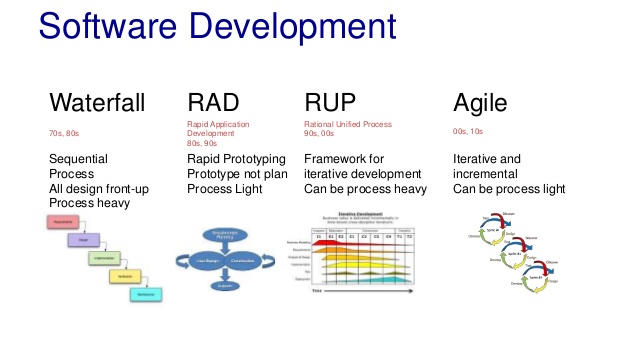 org/book/1244349/defe5d. Here you need to do the same: pull out part of the content and dock it terminologically and conceptually with the works of E.T.Janes and followers.
org/book/1244349/defe5d. Here you need to do the same: pull out part of the content and dock it terminologically and conceptually with the works of E.T.Janes and followers.
3. See what is happening in modern logic in terms of setting its tasks and working with formalizations. For example, I wrote about Selmer Bringsjord's work on correcting the trend of humanization of education in "Yes, I'm a logician" http://ailev.livejournal.com/1059168.html, van Bethem's work in "Theoretical and computer modeling of logical reasoning" http:// ailev.livejournal.com/915253.html, "For example, to talk about logic as a science, the purpose of which is largely determined by the search for a certain balance between the expressive power of formal languages and the complexity of their use in solving such problems as monitoring consistency, adequacy modeling and the correctness of the conclusion". Here the horse did not roll, but modern logic is just about this - schematization of thinking and formalization are about one thing.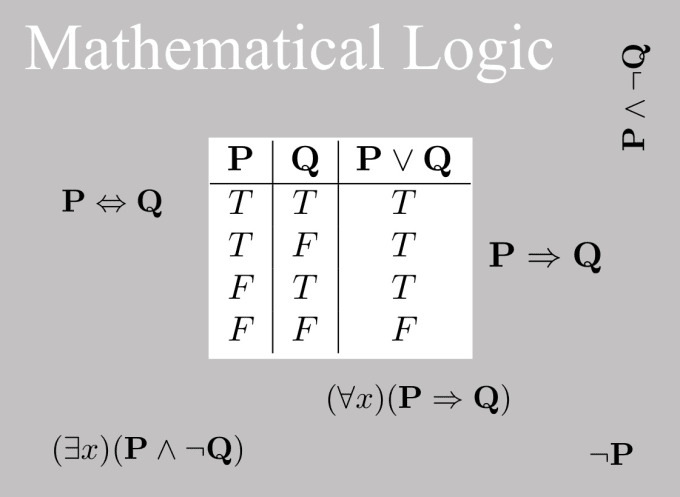 Ontology and the semantics closely related to it (what is in the world and how they talk about the world) have a logical expression, although today the logical symbolic expression is being replaced by a probabilistic "by use" (including by embeddings -- see the discussion at http:// ailev.livejournal.com/1310114.html), nevertheless, after working through point 1 of this list (about logic and probabilities), it will be clear what to do with this probabilistic nature of formalizations and the probabilistic nature of languages.
Ontology and the semantics closely related to it (what is in the world and how they talk about the world) have a logical expression, although today the logical symbolic expression is being replaced by a probabilistic "by use" (including by embeddings -- see the discussion at http:// ailev.livejournal.com/1310114.html), nevertheless, after working through point 1 of this list (about logic and probabilities), it will be clear what to do with this probabilistic nature of formalizations and the probabilistic nature of languages.
4. And only here you can see what is in the logic to overcome errors from the list https://en.wikipedia.org/wiki/List_of_cognitive_biases -- where these errors come from, which of them really belong to "logical bases", But what about some private thoughts.
5. Then take a fresh look at systems thinking, critical thinking, computational thinking and take common pieces out of them into "logical foundations" - most likely these common pieces will turn out to be from logic.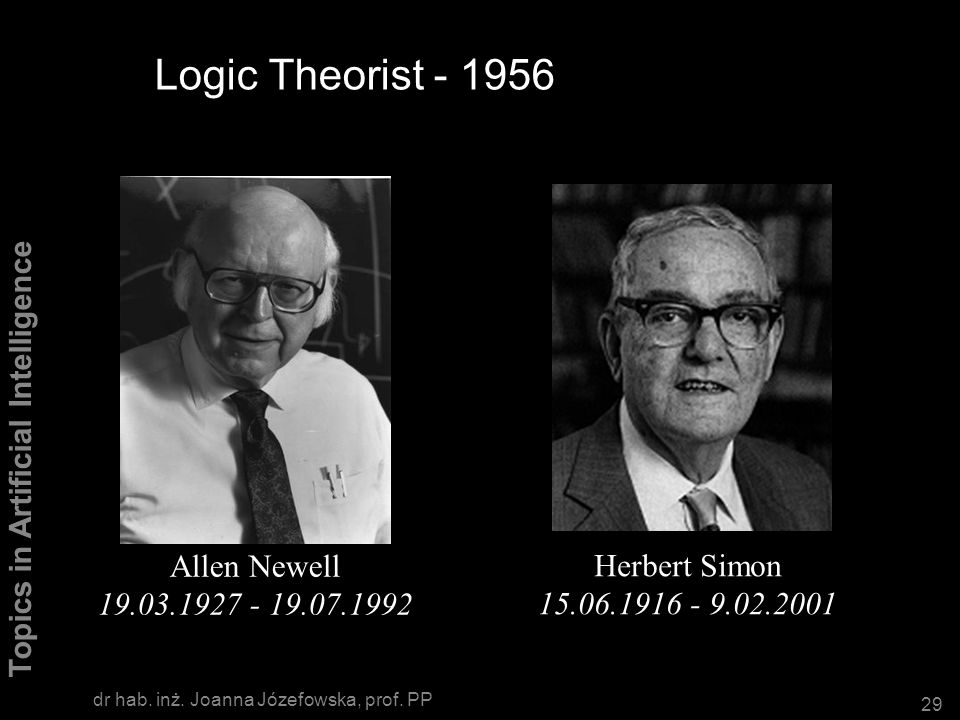
6. The final remark is the incorporation into the course of material on psychological safety when using logical thinking. People are usually very uncomfortable when they begin to straighten the stream of consciousness pouring out of them with all the illogicality built into it. For example, Neuro-Linguistic Programming warns that the metamodeling technique causes a dramatic improvement in intelligibility and a strong dislike in the one whose intelligibility is increased. What to do with this should be discussed separately and the recommendations should be built directly into the course: we are not talking about "pure science" here, but about quite practical skills. If it turns out that our freshly trained adept of logical thinking will infuriate all the people with whom he begins to talk, this will not be considered a good result, but such a result is quite likely and these risks must somehow be taken into account.
* * *
The style of this might be a work similar to how I plucked the basic ideas of systems thinking from a set of engineering standards.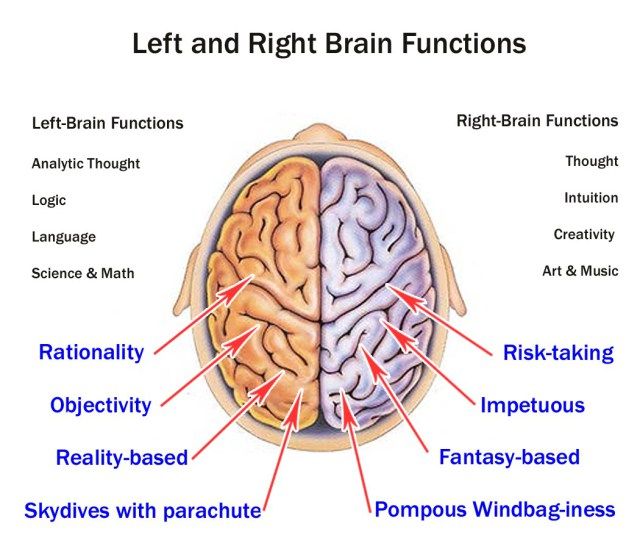 It may well be that it will be necessary to find a similar type of work for logic. Well, hardly standards (where do they come from ?! it's just lucky that a systematic approach developed in engineering and was reflected in standards), but at least some encyclopedic reviews reflecting state-of-the-art. For look at my references: this is all work thirty years ago, a lot of things could have happened in the past time - and above all, breakthroughs in understanding in the "logical foundations of rational thinking" are to be expected in applications for machine learning and artificial intelligence. That is, you need to find the basic literature (zero approximation - the development of the works cited in this text), and make a coherent abstract as the first approach to the projectile.
It may well be that it will be necessary to find a similar type of work for logic. Well, hardly standards (where do they come from ?! it's just lucky that a systematic approach developed in engineering and was reflected in standards), but at least some encyclopedic reviews reflecting state-of-the-art. For look at my references: this is all work thirty years ago, a lot of things could have happened in the past time - and above all, breakthroughs in understanding in the "logical foundations of rational thinking" are to be expected in applications for machine learning and artificial intelligence. That is, you need to find the basic literature (zero approximation - the development of the works cited in this text), and make a coherent abstract as the first approach to the projectile.
Further, this "abstract" format (some kind of documentation of knowledge pulled from different places) will need to be converted into a "textbook" format (the presentation is in a convenient order for studying, plus the presentation is aimed not only at transferring knowledge, but at forming thinking skills on use of logic in life).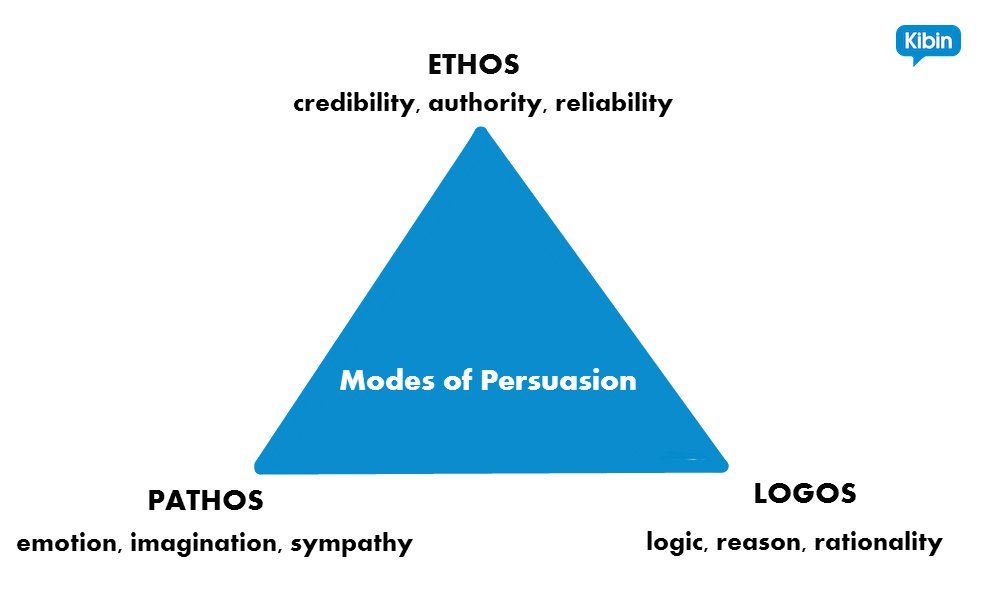 Well, then - tasks for the formation of logic / articulateness, correspondence of the remaining courses of rational thinking, taking into account by this moment already obvious (corresponding to the training course) logical foundations.
Well, then - tasks for the formation of logic / articulateness, correspondence of the remaining courses of rational thinking, taking into account by this moment already obvious (corresponding to the training course) logical foundations.
Mathematics should be avoided as much as possible when presenting. This should be for people (in the limit - for schoolchildren!), And not for graduates of the Mekhmat or senior students of the Moscow Institute of Physics and Technology. Perhaps the very necessity of mathematics should follow from this course, but not vice versa - the course should not follow from the mathematics used in it. If I started my system thinking course as "a system is a B..." (namely, this is how most books of a systems approach 1.0 began), then I would not have any chance of mass education of schoolchildren in this course. And so the chance remains. In principle, an examination of what logic is and what the principles of the correct level of formalization can be (from tales and stories, metaphors and poems through diagrammatic languages to rigorous mathematical calculations) is built into this course of logical foundations.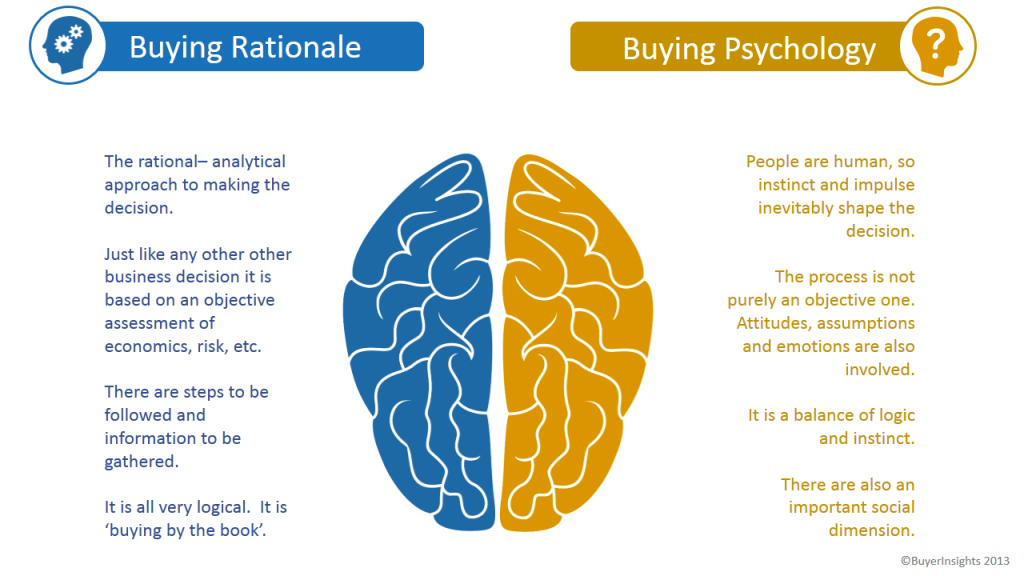 The course, among other things, should answer the question: what level of logic is sufficient / optimal for solving certain problems - for example, for involving systems thinking.
The course, among other things, should answer the question: what level of logic is sufficient / optimal for solving certain problems - for example, for involving systems thinking.
UPDATE: Facebook discussion -- https://www.facebook.com/ailevenchuk/posts/10208522240867576
1.1.2. Rational Logic. Images of existence. Doctrine of ethical maximalism, metaphysics of the living universe
Rational logic is inference logic. Unlike ethical, it is not critical to postulation and comes into effect after postulation. This is the logic of the robot: the input is not her business, her business is the transformation. It monitors the "strictness" and consistency of inference procedures, based on the generally accepted canons of inference. In contrast to the robot, the selection of postulates is central to thinking. Explicitly or implicitly, such a selection always occurs.
In the topic of rational thinking one should distinguish the problem of the uniqueness of the rational method from the construction of inference procedures.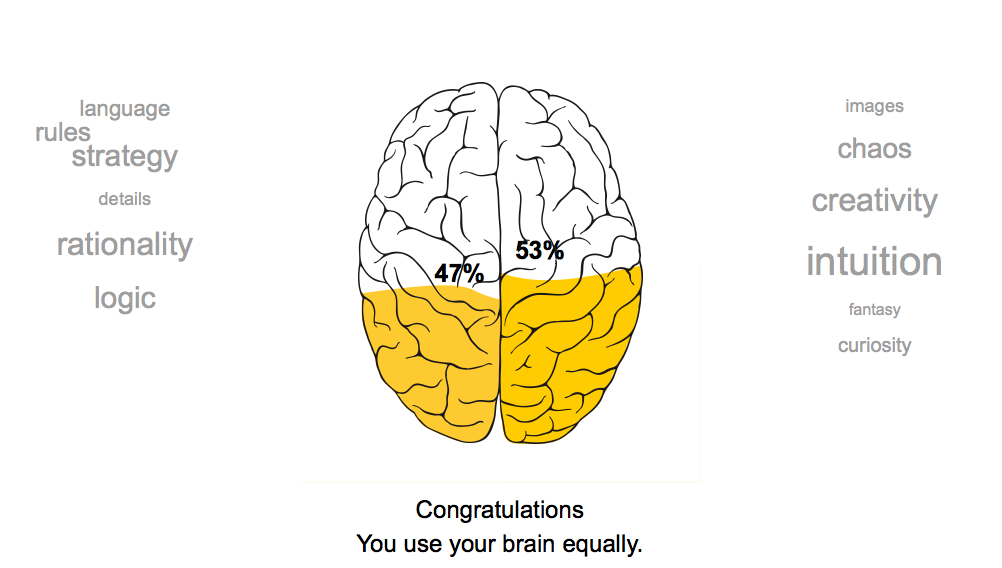 As for the method, it is based on (1) the universalism of world meanings and (2) the universalism of their gnostic sequence. This will be discussed in chapter 4. "Meaning". If this universalism did not exist, the mutual understanding of individuals would be impossible. But there is another problem: Since the rational method tends to verbalize knowledge, there is a desire to formalize it. Alas, here we do not find a reliable base of choice. Axioms are arbitrary, formal, model. In striving for rigor, rational thinking tries to postulate its own properties. But it falls into the vicious circle of metalogic: it looks for and does not find a self-replicating robot.
As for the method, it is based on (1) the universalism of world meanings and (2) the universalism of their gnostic sequence. This will be discussed in chapter 4. "Meaning". If this universalism did not exist, the mutual understanding of individuals would be impossible. But there is another problem: Since the rational method tends to verbalize knowledge, there is a desire to formalize it. Alas, here we do not find a reliable base of choice. Axioms are arbitrary, formal, model. In striving for rigor, rational thinking tries to postulate its own properties. But it falls into the vicious circle of metalogic: it looks for and does not find a self-replicating robot.
We all intuitively know that there is an opportunity to agree, to understand each other, that there are universal foundations for mutual understanding, and we use them in communication. Not everyone, however, realizes that these foundations are ethical and not formalistic. Finding a common language in everyday situations, we, nevertheless, sharply distance ourselves in determining our ideological positions.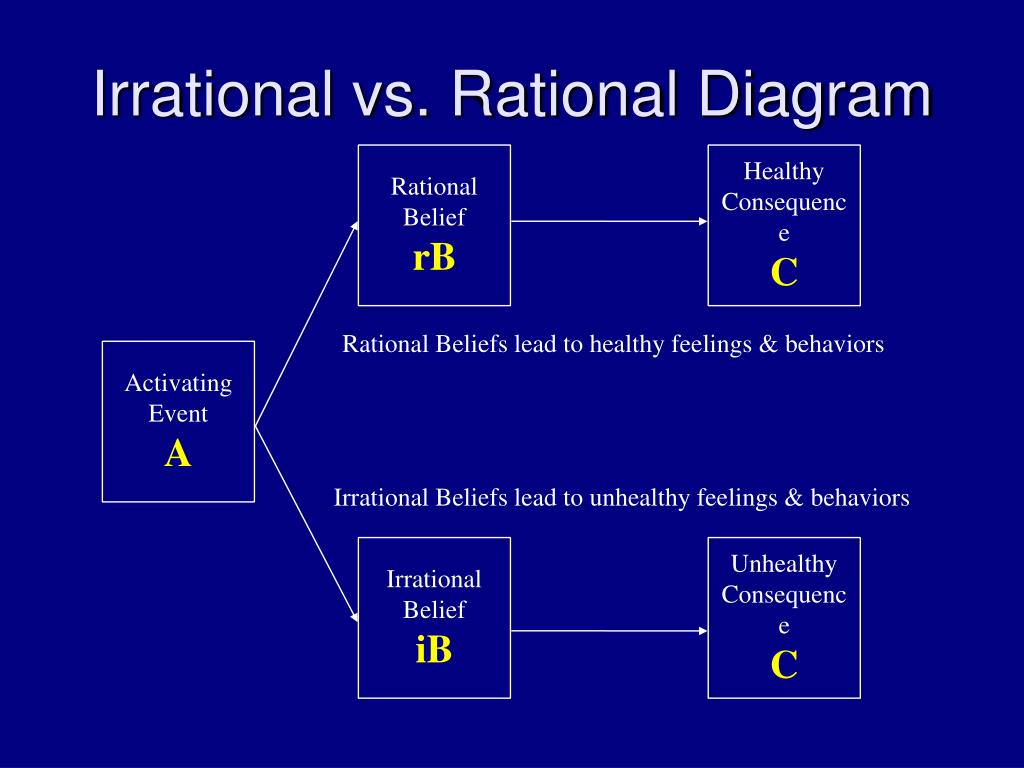 Why does rational thinking not unite, but separate people? The reason is that the universal gnostic meanings in their movement are found only in the attire of the energy of love. Since the ratio ignores love, all that remains is healthy skepticism.
Why does rational thinking not unite, but separate people? The reason is that the universal gnostic meanings in their movement are found only in the attire of the energy of love. Since the ratio ignores love, all that remains is healthy skepticism.
So, two circumstances characterize the rationalism of thinking: (1) excessive freedom in the manipulation of postulates; (2) belief in the high reliability (even uniqueness) of the formal logic of rational inference. This contributes to the formation of a culture of free assumptions, which is characterized by various words: the culture of technical intelligence, technocratic, precise mathematical thinking, demagogic pedantry, etc. It formed the backbone of the Enlightenment era, gradually replacing the soft flesh of spiritual metaphysics. In creativity, the point of view that knowledge of the behavior of nature is contained in the mathematics of its laws has won, that the meanings of the world do not need to be sought, they simply do not exist, but it is necessary to select, create good models of behavior, i.